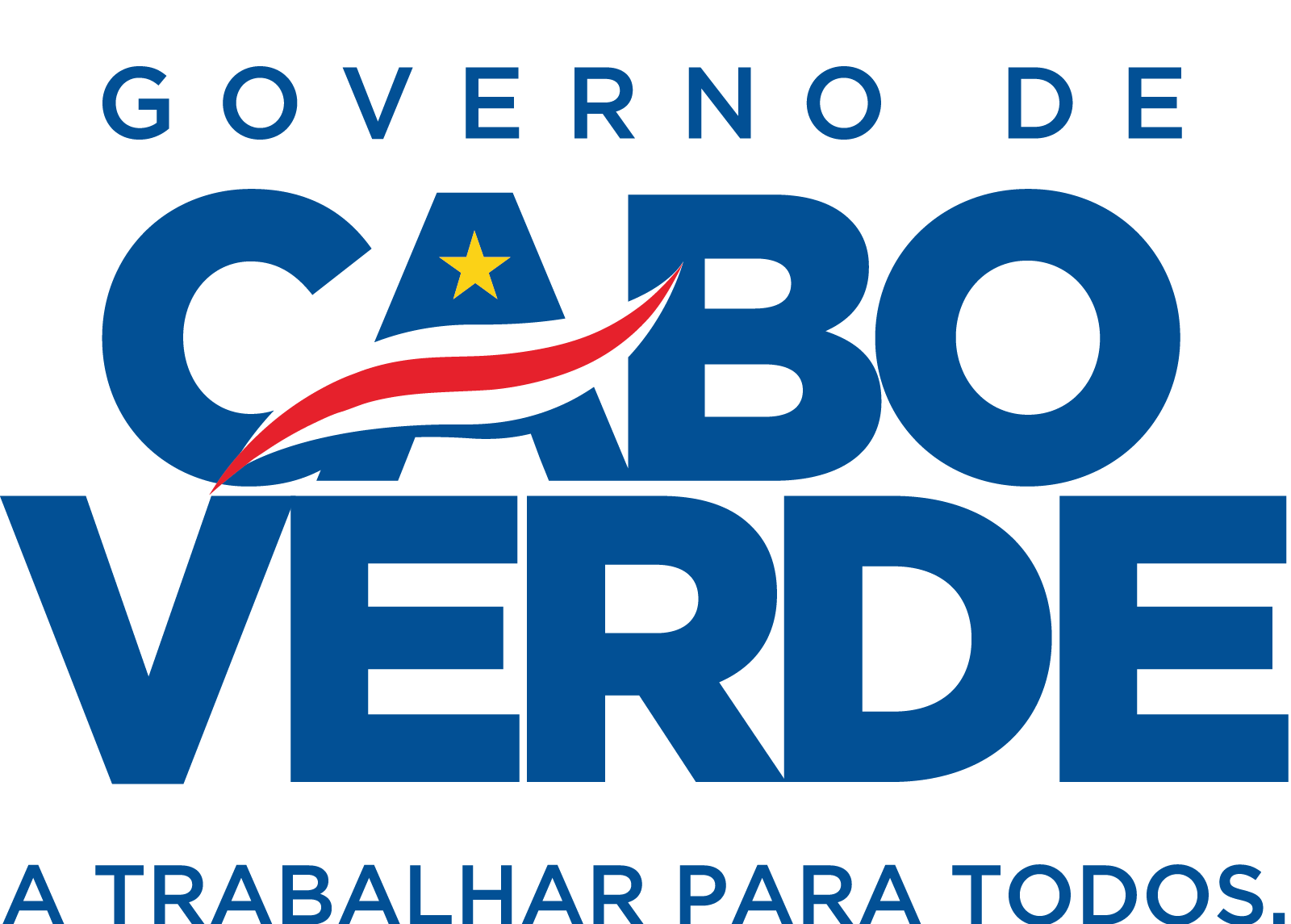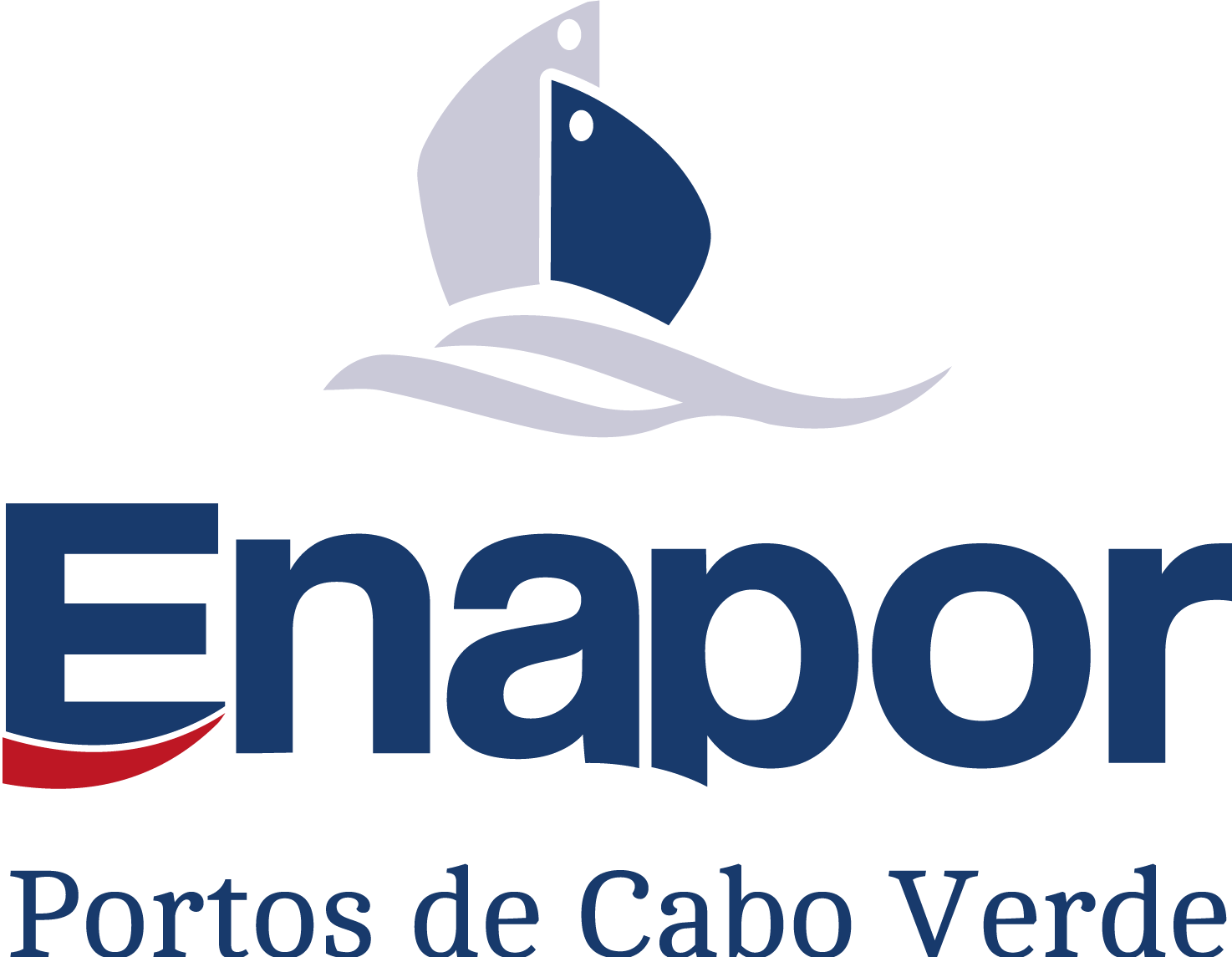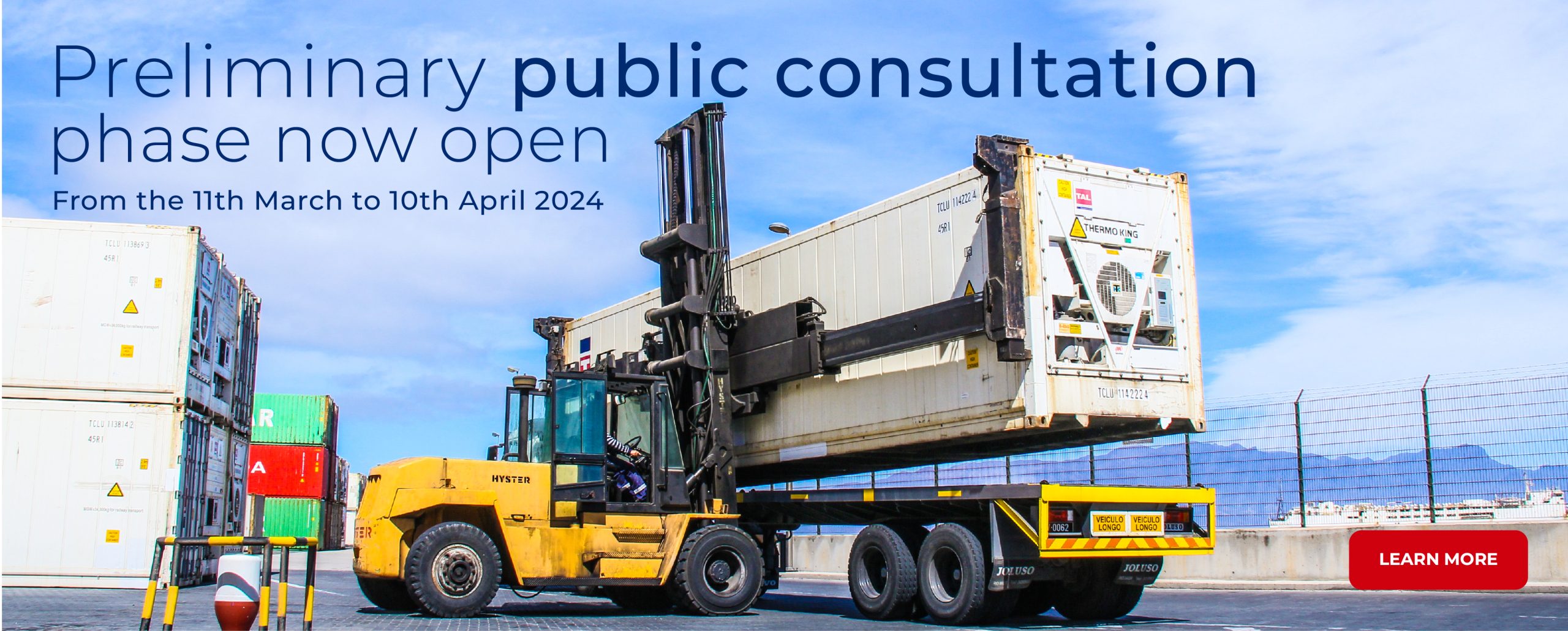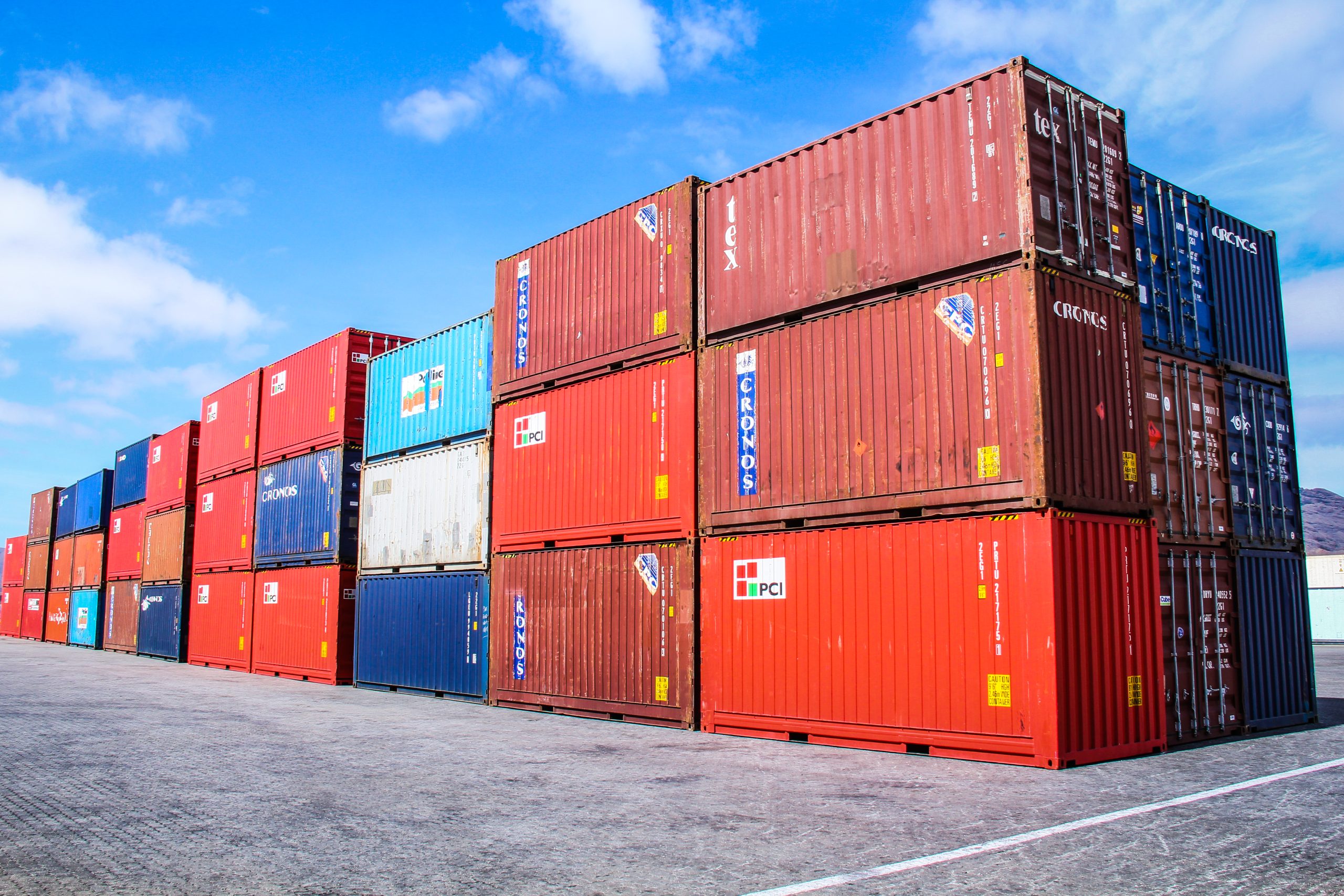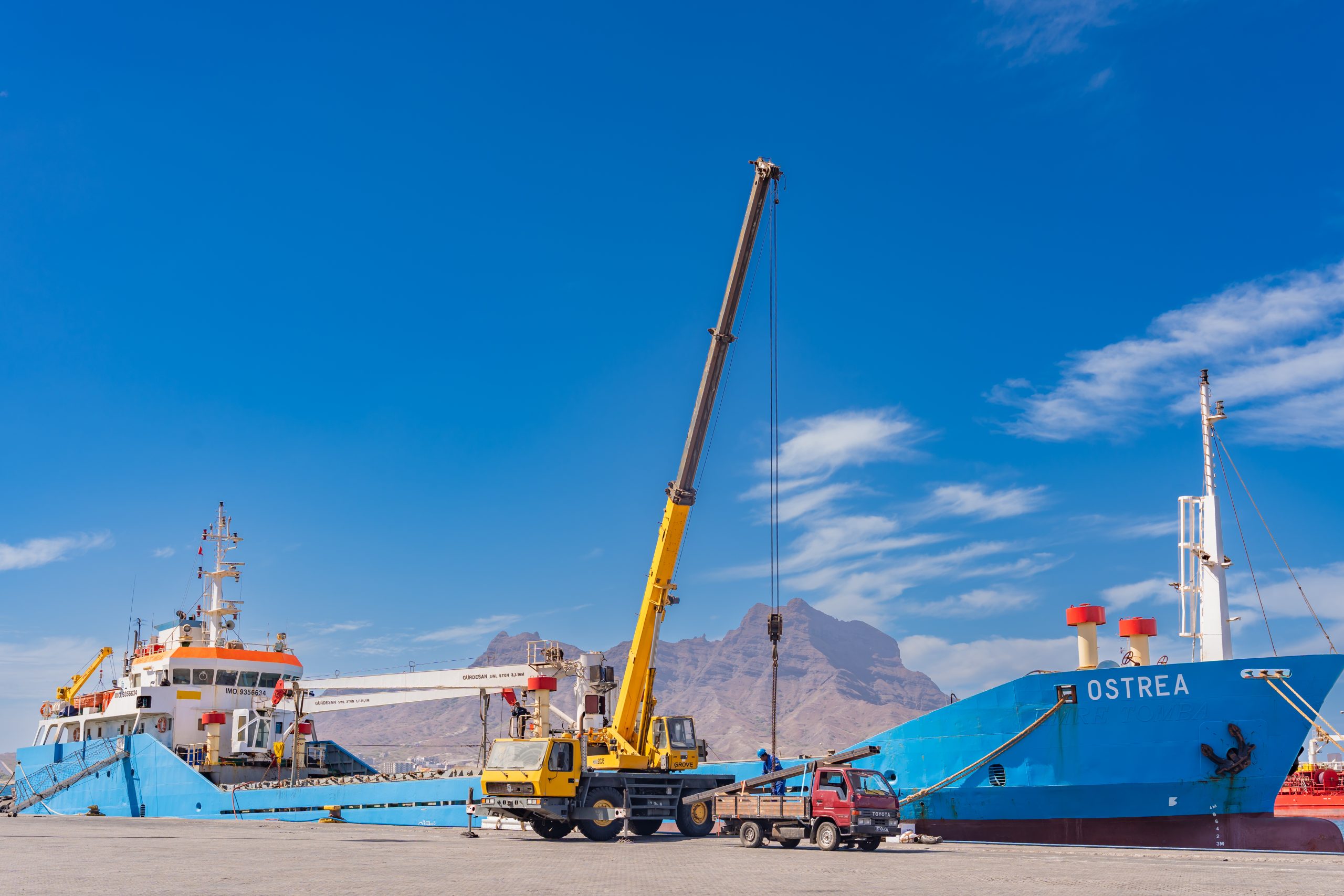Frequently Asked Questions
Here are the answers to the most frequently asked questions in the context of these processes.
Privatization and subconcession are different concepts in the context of managing and operating services or assets. In privatization, there is a transfer of ownership from the state to the private sector. This means that the asset or service, which was previously owned and managed by the state, becomes the property and responsibility of a private entity. This process usually involves the sale of assets or shares in state-owned companies.
A subconcession, on the other hand, does not involve the sale of property. Instead, it refers to the transfer of the rights to operate and manage a public service or asset to a private entity, with the state remaining the owner. In this model, the private sector is responsible for managing and improving the services or infrastructure for a defined period of time, under a contract, but does not become the owner. At the end of the contractual period, the rights to operate and manage the service or asset revert to the state, under the terms of the law.
In the context of Cape Verde's ports, we are talking about a subconcession. Enapor, as the port authority, retains ownership of the ports, while the port services will be transferred to a private entity through a subconcession contract. This allows for the injection of private capital and the introduction of operational efficiencies, while the state continues to own the ports and other strategic assets.
1. Improving Operational Efficiency: Through the subconcession, we seek to bring experience and expertise from a large private operator, which can lead to more efficient management and more agile operations in our ports.
2. International circuit: Possibility of making Cape Verde a transshipment point. This will allow the ports to receive larger ships, reduce freight costs and result in an economy of scale, which will allow for an exponential increase in cargo at the ports and, consequently, in port revenues. The country's economy wins.
3. Economic Development: Improved port services and an increase in the number of containers should boost trade and the local economy, creating new business opportunities and diversifying complementary services.
4. Reduction of the state's financial effort: By transferring the operation of ports to the private sector, the state's financial effort is reduced, allowing public resources to be directed towards other development priorities.
5. Better Service and Competitiveness: Private management tends to be more service- oriented and responsive to market needs, which will result in improved quality of port services and greater competitiveness in the global market.
6. Job creation and upgrading: The expansion of port services and the introduction of new technologies and management practices will create employment and training opportunities, contributing to the development of skills among professionals in Cape Verde's ports.
In short, the subconcession of Cape Verde's ports aims to improve the efficiency and competitiveness of ports, strengthen workers' skills, promote sustainable port management, and contribute to the development of the national economy.
1. Access to Capital and Investment: Private companies often have greater ease and flexibility in mobilizing financing, allowing for significant investments in technology, infrastructure and human resources that drive the modernization and expansion of the business.
2. Entering the international circuit: Only a large operator established in the global market can influence freight traffic and create synergies that allow for economies of scale and greater competitiveness.
3. Innovation and Competitiveness: Modern private companies innovate to remain competitive in the market, which allows for the introduction of new technologies, more efficient management practices, and better quality services.
4. Flexibility and Adaptability: Modern private companies are more flexible and adaptable to market changes, as they are able to respond quickly to new opportunities or challenges.
5. Reduced State Effort: Transferring the management of a business to the private sector can relieve the State of financial and operational responsibilities, allowing it to focus on regulation and Port Authority.
6. Job creation and skills development: The expansion and modernization of a private business will create new jobs and opportunities for skills development.
7. Cape Verde always wins: With the sub concession conducted successfully, resulting in more wealth, jobs, income, and revenue for Enapor and the state.
1. The intention is to subconcession for a period of 15 years, extendable for a further 5.
2. The most important thing about this whole process is precisely the conditions we are creating to ensure that, on the one hand, the operator is successful and has the margin to invest and generate more business and, on the other hand, that the state guarantees a quality public service, strengthening connectivity, territorial cohesion and reducing costs for economic operators and families.
3. Being a subconcession, it always depends on the term of the contract. At the end of the contractual period, the rights to operate and manage the service or asset revert to the state, which may be before the deadline, in the event of non-compliance with the contract, under the terms of the law.
